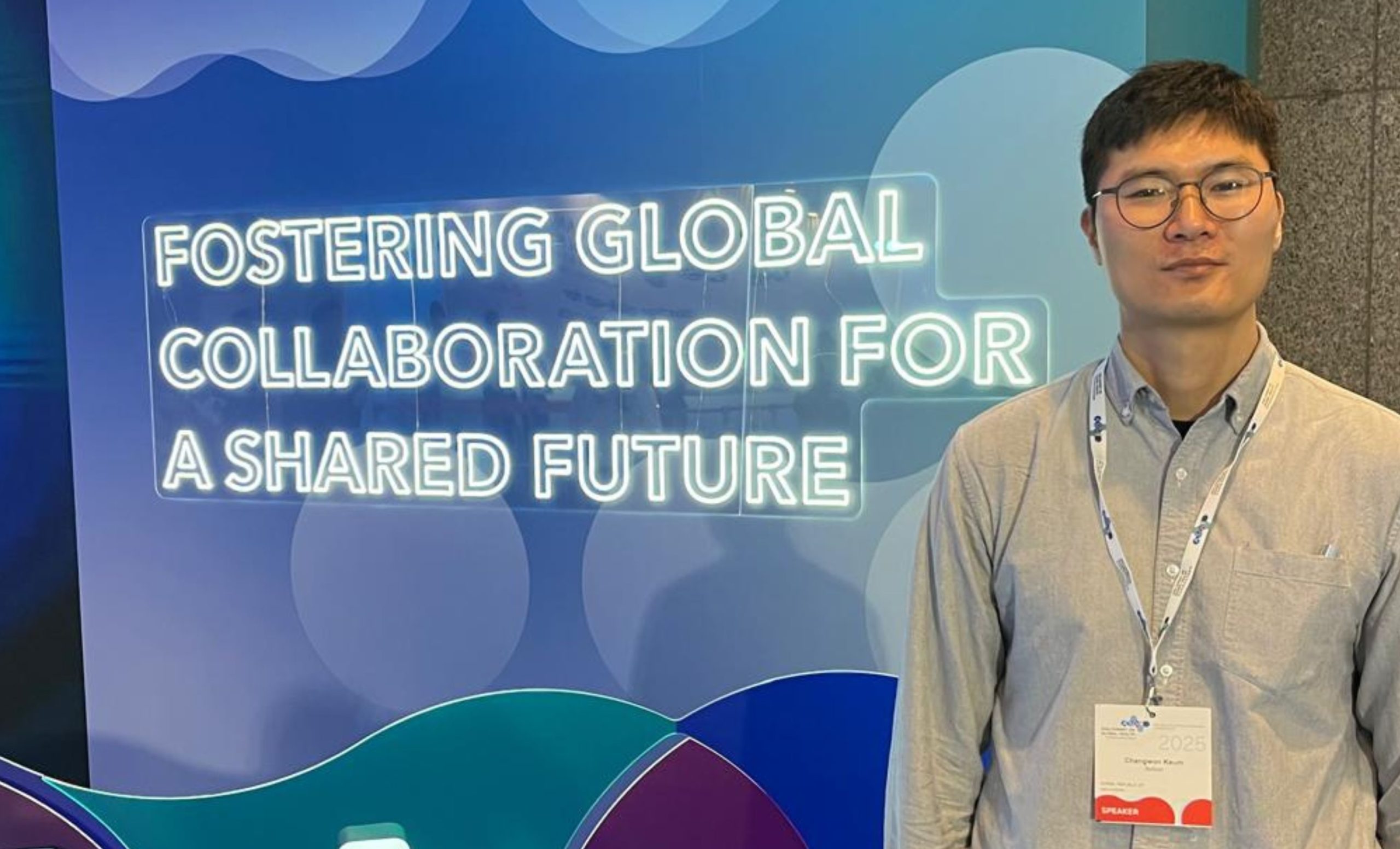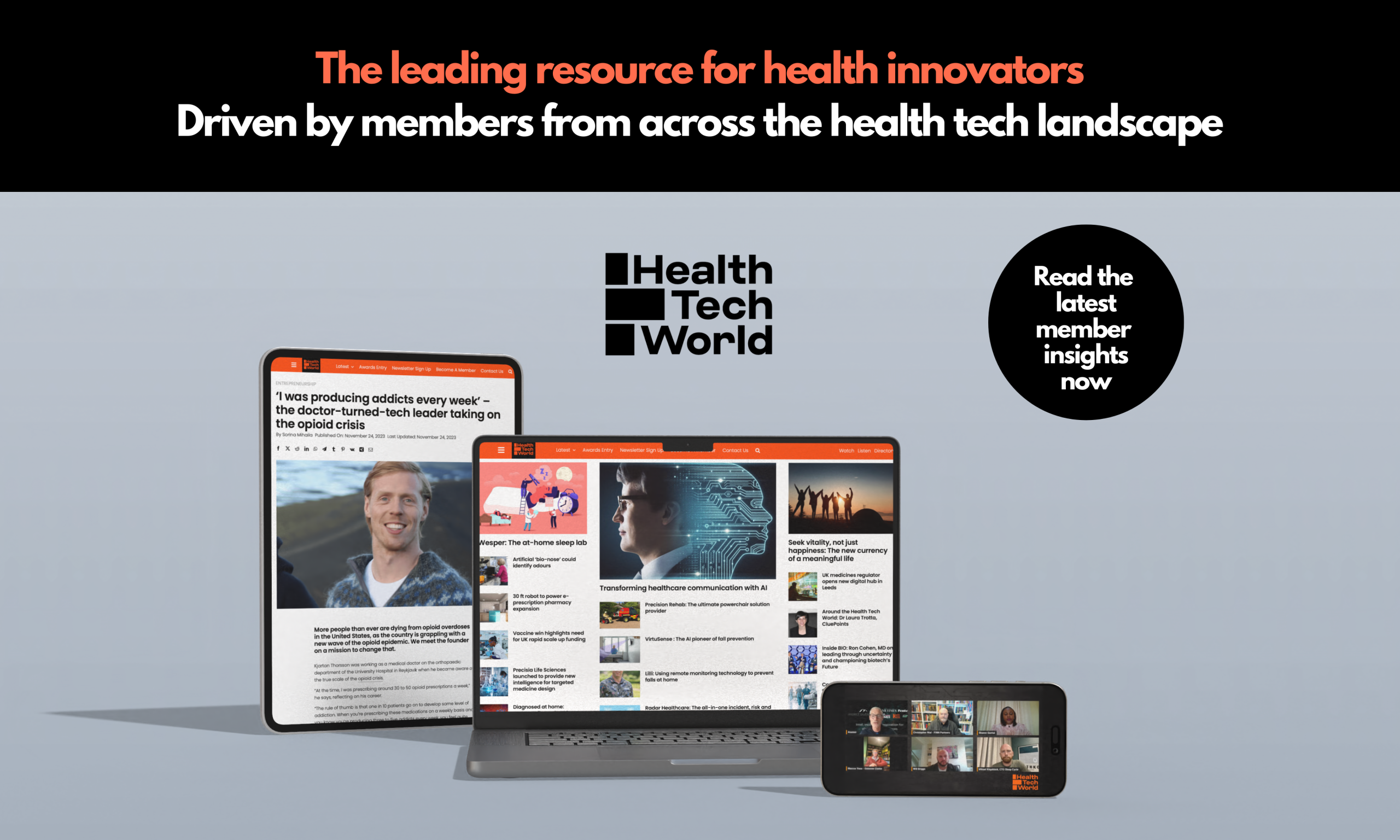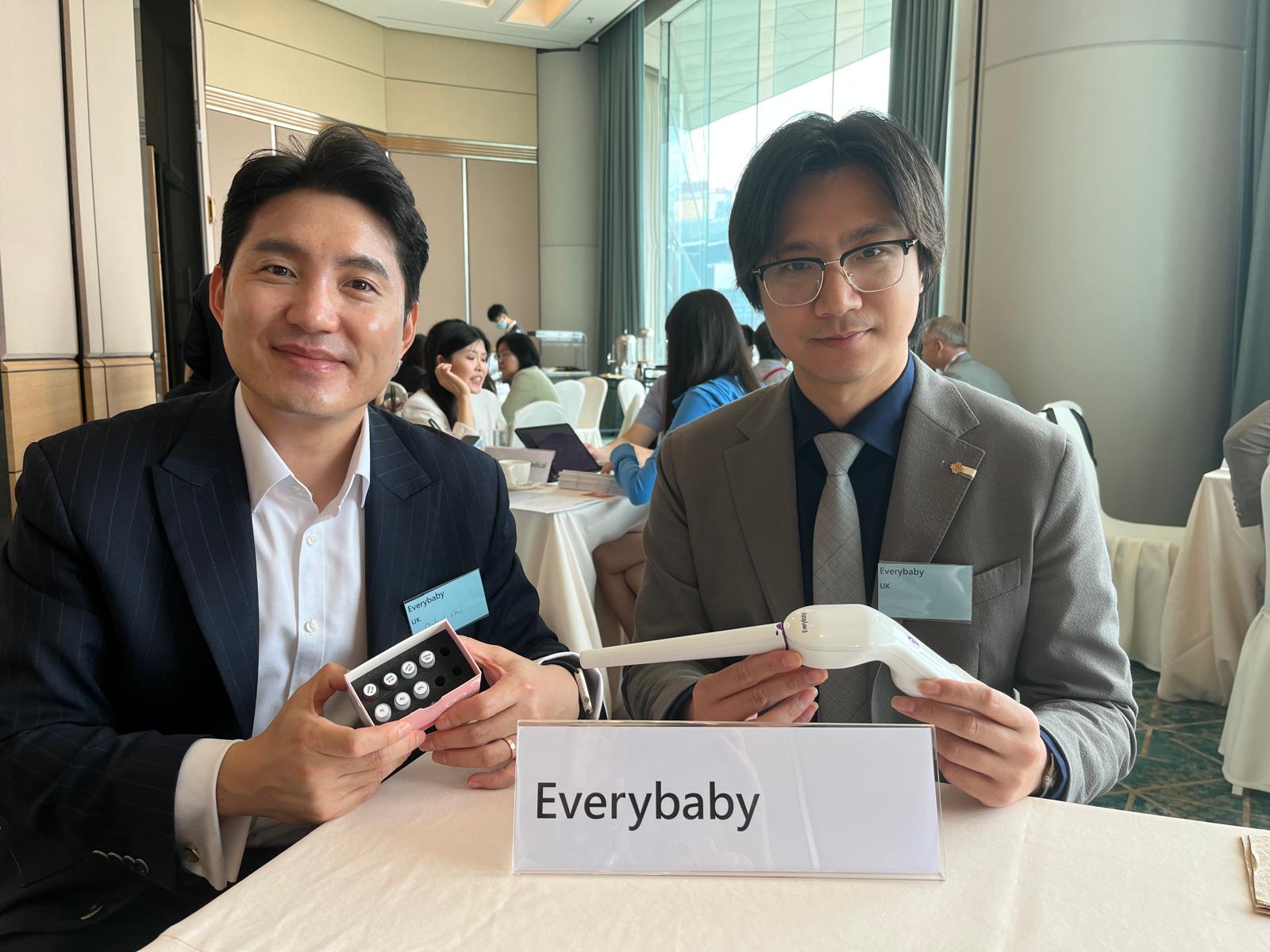
Software company 3Billion is innovating genetic testing for rare diseases with AI. Health Tech World speaks to CEO Changwon Keum to find out more.
Founded in 2016 as exome and whole genome-based genetic testing services were emerging, 3Billion is harnessing AI to innovate genome interpretation.
The company’s AI-powered genetic testing diagnoses rare diseases more accurately than current methods, helping to improve diagnostic rates and patient treatment.
Keum, a bioinformatics expert, highlights that more than 7,000 rare diseases are known to exist; however, receiving a diagnosis can be difficult due to limitations in results interpretation, such as whether or not a variant is problematic, and a lack of information on different diseases.
These challenges delay diagnosis and treatment, reducing quality of life for patients and their families.
Improving rare disease diagnostics
To close this gap in rare disease testing, 3Billion has tested the genomes of more than 100,000 patients and has developed multiple genetic tests including 3B-EXOME, 3B-GENOME, 3B-VARIANT, 3B-INTERPRETER and GEBRA.
3Billion offers several genetic testing solutions. The 3B-EXOME, 3B-GENOME, and 3B-VARIANT tests provide reports based on submitted samples. The 3B-INTERPRETER generates reports from uploaded data, while GEBRA is a software platform for data analysis.
“We analyse a patient’s whole exome or whole genome data and simultaneously screen for over 7,000 rare genetic diseases. Our platform delivers diagnostic results directly to patients, helping clinicians reach faster and more accurate diagnoses,” says Keum.
“Each patient’s genome can contain up to five million genetic variants.
“Over 90 per cent of those typically have no clear evidence linking them to disease. This makes interpretation extremely difficult.
Our AI technology can accurately and quickly analyse this data, significantly improving diagnostic rates. Without such tools, diagnosis rates for rare diseases can drop below 10 per cent.
“With our platform, we’re helping clinicians identify the underlying causes of rare diseases more effectively, which ultimately leads to better treatment outcomes.”
Harnessing AI technology
3Billion’s GEBRA platform utilises several advanced technologies. These include 3Cnet, an AI-based pathogenicity prediction model that improves variant classification accuracy. The platform also features the deep learning model 3ASC, which prioritises disease-causing variants. Additionally, EVIDENCE is an interpretation system that helps to streamline clinical decision-making.
“When we started, exome and whole genome-based testing services were just becoming commercially viable. It was the right time to launch an innovative company in this field,” says Keum.
“Since then, AI technologies have helped us tackle the complex problem of genome interpretation. We’ve won two global genome interpretation competitions, which has validated our approach.
“Technological advancements have absolutely accelerated our progress and improved our ability to deliver impactful results. While we’re fundamentally a genetic testing company, our core strength lies in software, particularly our AI-driven genome interpretation engine.
“But AI is only as good as the data it’s trained on. Because we’re a genetic testing company, our growing data pool allows us to continually improve our AI models. It’s a positive feedback loop: better data strengthens the AI, which improves diagnostics, which leads to more testing and even better data.
I believe AI will drive change across every corner of the biotech industry. In imaging, for instance, AI is already outperforming human doctors in some tasks. I expect similar transformations in genetic diagnostics and other areas of healthcare.”
“The pace of change will be dramatic.”
Reaching patients across the globe
3Billion went public via IPO last November, listing on KOSDAQ. Keum says that being publicly listed means the company has to be more mindful of general investors.
“However, it also gives us easier access to capital,” says Keum.
“It’s a balance: increased responsibility, but also increased freedom and growth potential. Although we currently serve over 70 countries from our headquarters in South Korea, we’re planning to open our first overseas office in the United States next month.”
Keum says that the company is also working with major global pharmaceutical companies such as AstraZeneca and Novartis through strategic partnerships.
For example, 3Billion’s partnership with AstraZeneca Korea, launched early in 2025, will expedite the genetic diagnosis of a rare and life-threatening disease called atypical hemolytic uremic syndrome (aHUS).
The partnership will work to reduce the diagnostic timeline from several weeks to just two weeks.
The company has also partnered with the Korea Rare Disease Foundation. The collaboration is aiming to enhance genetic diagnosis and counseling services for patients with developmental disabilities, autism spectrum disorders, and their families.
3Billion says that the partnership will improve the quality of medical decisions and enhance quality of life through accurate genetic analysis and understanding of medical information.
“The US is the largest market for genetic testing and has a significant population of patients with rare diseases. It’s a natural first step for expanding our physical presence internationally,” says Keum.
Health Tech World met Changwon Keum at the Asia Summit on Global Health, facilitated by the Hong Kong Trade Development Council (HKTDC).







